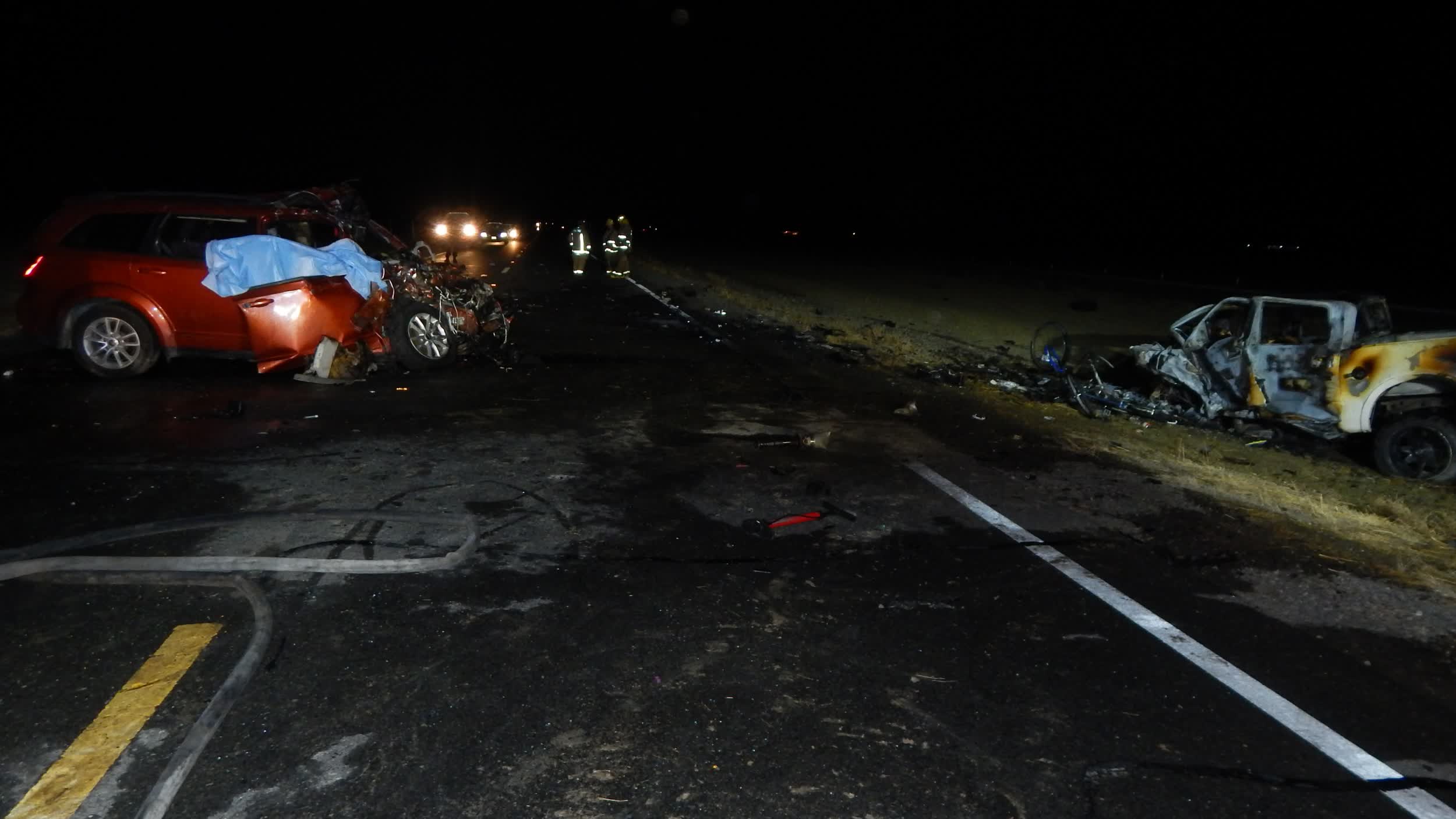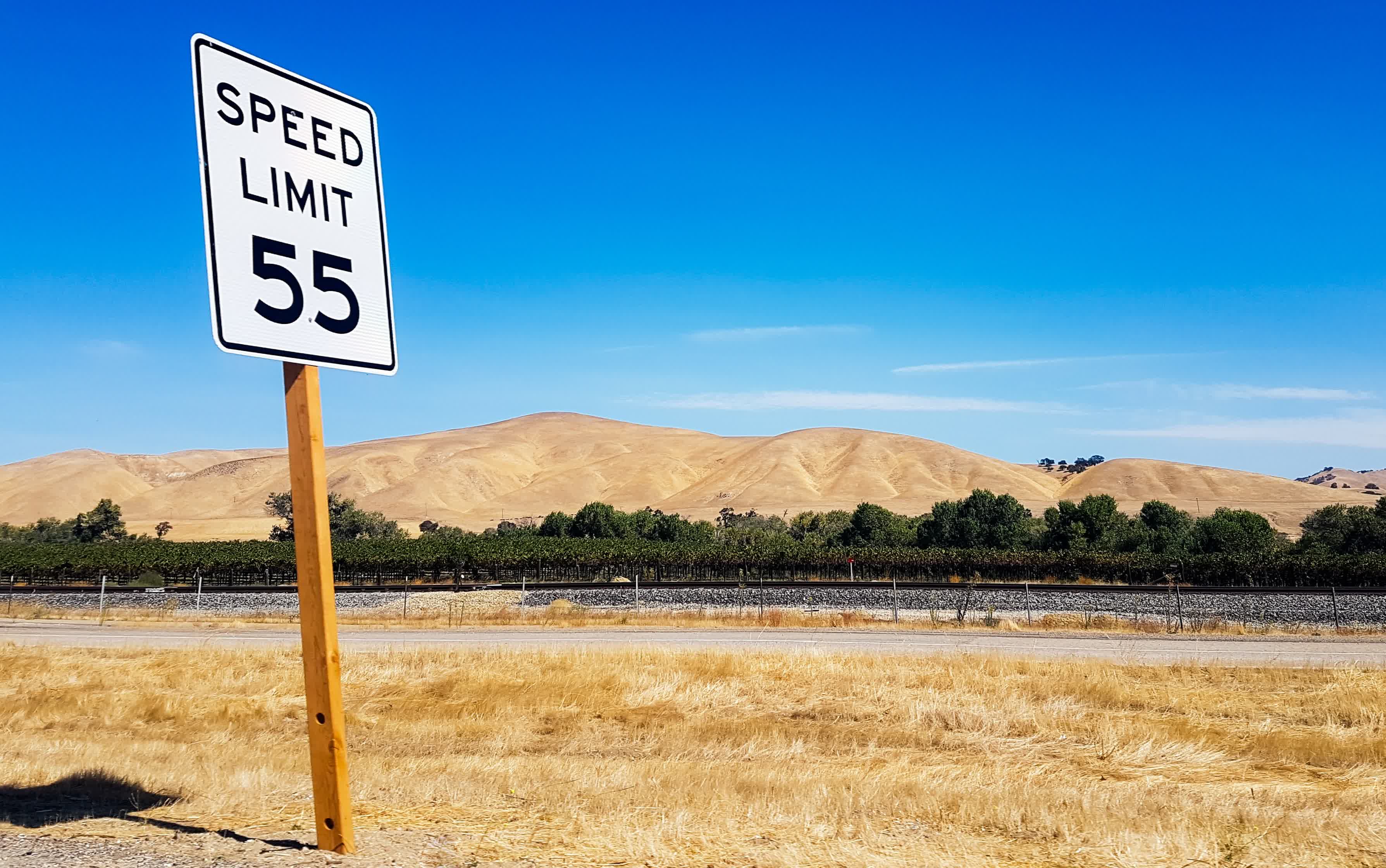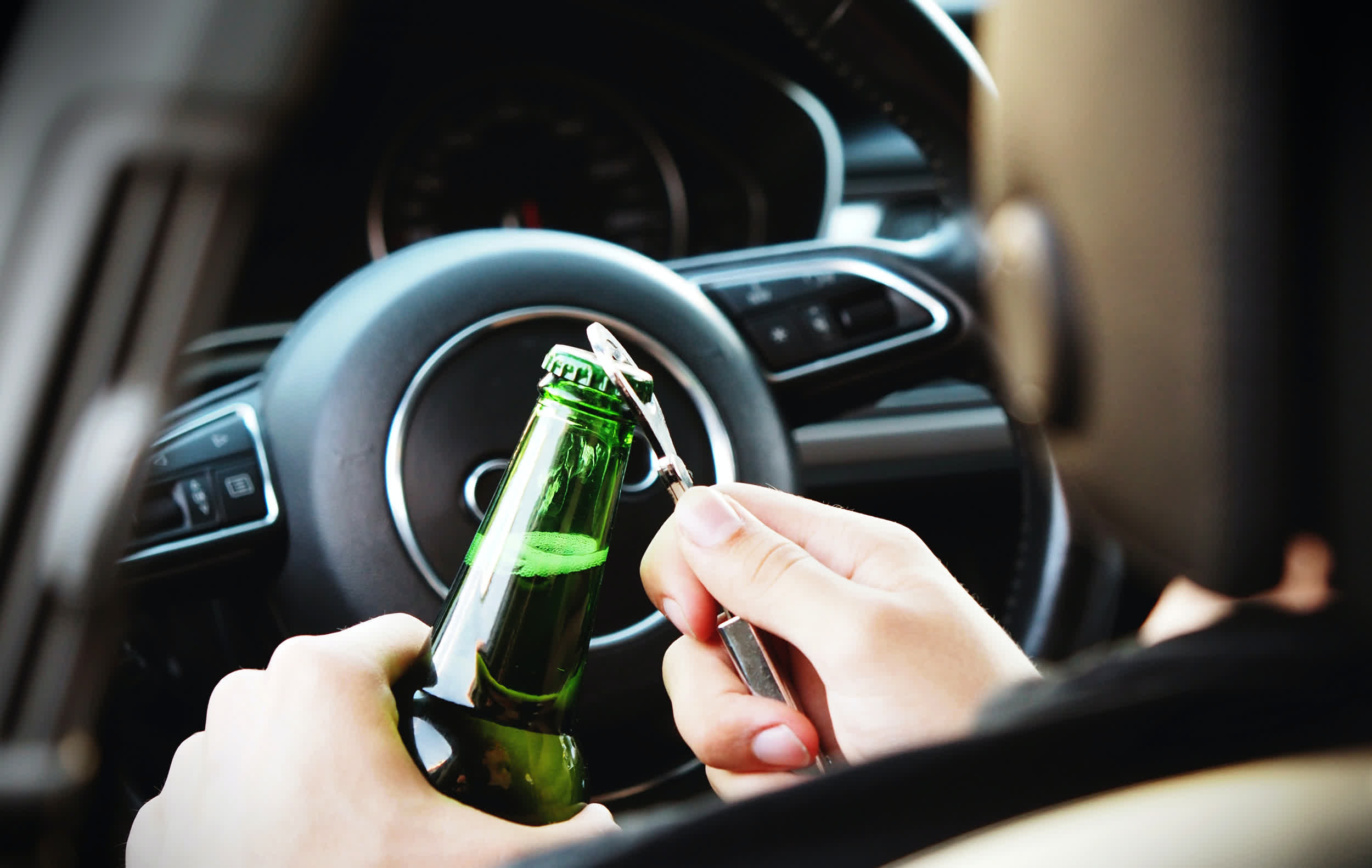What just happened? The National Transportation Safety Board (NTSB) has asked the National Highway Traffic Safety Administration (NHTSA) to consider requiring all new vehicles to be equipped with in-vehicle alcohol detection technology that would limit or prohibit impaired drivers from operating their vehicles.
The recommendation comes after an investigation into a New Year's Day 2021 crash in Avenal, California, that killed nine people including seven children. According to the NTSB report, an SUV traveling between 88 and 98 mph crossed the center line into ongoing traffic and collided with a pickup occupied by a driver and seven passengers.
The SUV driver had a high level of alcohol intoxication and was speeding.

NTSB Chair Jennifer Homendy said technology could have prevented the crash, "just as it can prevent the tens of thousands of fatalities from impaired-driving and speeding-related crashes we see in the U.S. annually."
Intoxicated driving is a leading cause of injury-involved crashes on highways. Since 2000, more than 230,000 people have died in crashes involving impaired drivers. In 2020 alone, an estimated 11,654 fatalities - or about 30 percent of all traffic fatalities that year - involved drunk drivers.
The NTSB is additionally interested in lowering the blood alcohol concentration limit to .05 g/dL or lower.
The agency is also concerned about speeding. In 2020, some 11,258 traffic fatalities involved at least one driver that was speeding. The NHTSA said speeding increases both the chances of being in a crash and the severity of sustained injuries.

Both matters are on the NTSB's Most Wanted List of Transportation Safety Improvements. As such, the NTSB has also called for a strategy to eliminate speeding-related crashes by combining traditional measures like regulation and enforcement with tech-based speed limiters and intelligent speed adaptation technology.
Should new vehicles be equipped with alcohol detection systems and additional speed limiting devices? Would it be fair to ask non drinkers and those who don't speed to pay extra for systems that'll do nothing but inconvenience them? Even if such measures are mandated, it'll likely be many years before they are implemented and by that time, self-driving tech could be far enough along to negate them entirely.
Image credit: energepic, Ludovic Charlet
